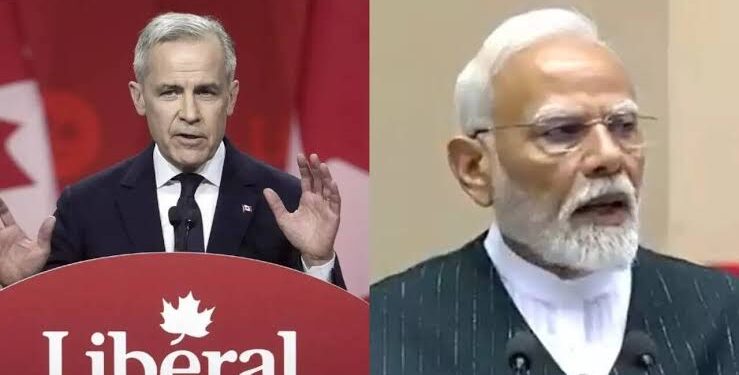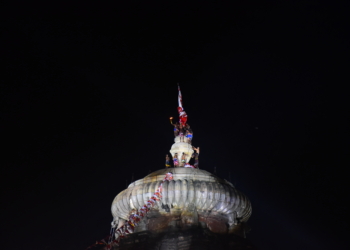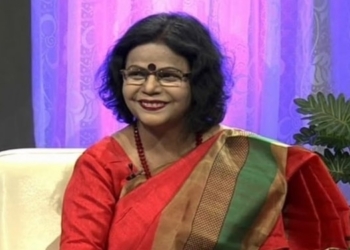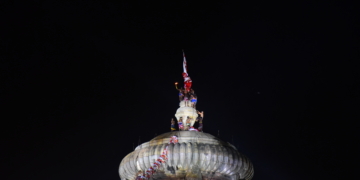Canadian Prime Minister Mark Carney has defended his decision to invite Indian Prime Minister Narendra Modi to the upcoming G7 Summit, despite ongoing tensions surrounding the 2023 killing of Khalistani separatist Hardeep Singh Nijjar.
Carney, addressing media queries on Friday, clarified that the invitation was extended to PM Modi in consultation with other G7 members, emphasizing that India’s economic and strategic importance necessitated its presence at the summit.
“India is the fifth largest economy and the most populous country. It is central to several key supply chains. So it makes sense to include India in discussions,” Carney said.
The G7 Summit, to be held in Kananaskis, Alberta from June 15 to 17, will focus on energy security, the digital economy, critical minerals, and infrastructure partnerships in the Global South. Carney added that “India’s presence is essential” to these deliberations.
Relations between India and Canada deteriorated sharply after former PM Justin Trudeau accused India of involvement in Nijjar’s killing. The fallout saw the expulsion of diplomats on both sides and a complete breakdown in high-level bilateral engagement.
However, Carney’s recent election victory has reignited hopes of a diplomatic thaw. In his statement, he confirmed that law enforcement dialogue between the two nations has resumed, with “some progress” made on accountability.
“We’ve agreed to continue law enforcement dialogue. There has been progress,” Carney noted, though he declined to comment directly on the Nijjar case, citing ongoing legal proceedings.
Carney’s decision has faced criticism from domestic political opponents, particularly the New Democratic Party (NDP), which called the move “profoundly troubling.”
Despite this, PM Modi has accepted the invitation, expressing optimism about working with the new Canadian leadership.
“As vibrant democracies bound by deep people-to-people ties, India and Canada will work together with renewed vigour,” Modi tweeted after a phone call with Carney.
The Modi-Carney meeting at the G7 could signal a tentative reset in bilateral ties, particularly if followed by the appointment of new high commissioners and continued cooperation on key global issues.





























